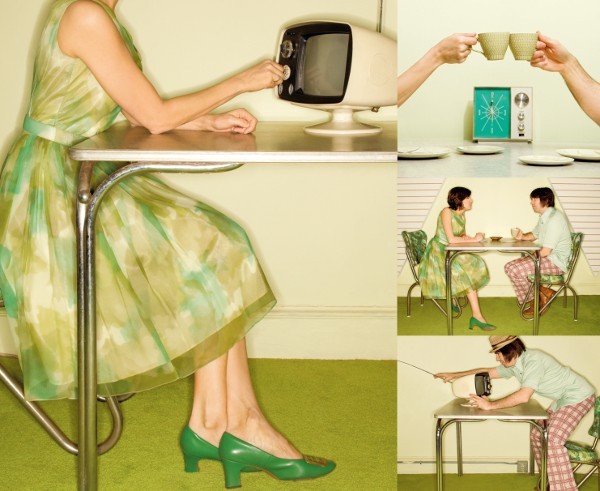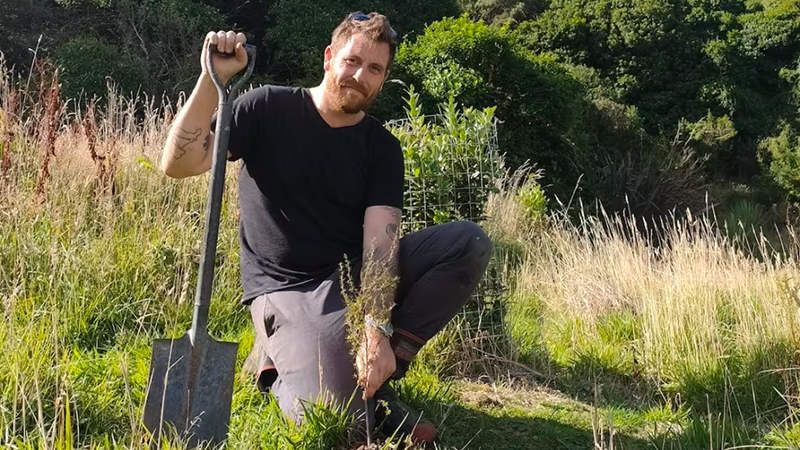There’s another powerful weapon in the anti-ageing arsenal, and it doesn’t even require you to get up off the couch
We’re all familiar with the advice commonly given for slowing the ageing process: stress less, exercise more, stay out of the sun and cultivate a sunny attitude. But it turns out there’s another powerful weapon in the anti-ageing arsenal, and it doesn’t even require you to get up off the couch
Think yourself young
In 1979, Harvard psychology professor Ellen Langer devised an experiment called the Counterclockwise Study, where a group of elderly volunteers were sent to live in a reproduction 1959 home – complete with the trappings of the era. Dressed in clothing from the time, participants were encouraged to behave as if it really was the late 50s, watching the black-and-white TV and discussing ‘recent’ novels and news.
The result? After just a week, it was as though the clock had been turned back. Each participant scored better on tests measuring memory, intelligence, height and motion – even their eyesight had improved. And when before and after photos were compared, all participants appeared noticeably younger post-study. Last year the BBC duplicated the experiment, sending six British celebrities back to live in the year 1975. The results mirrored those of the previous study. Memory, mood, eyesight and mobility improved in most volunteers, with some participants responding to tests as though they’d shed 20 years from their biological age.
It turns out that the ageing process is psychological as well as physical – and staying young isn’t just about eating healthily or thinking positive (though those things help). The really good news is that though our lifespan may be 25 percent pre-determined by our genes, the rest is up to how we think – and live.
Adapted by Rebekah White from BBC Focus magazine, October 2010





